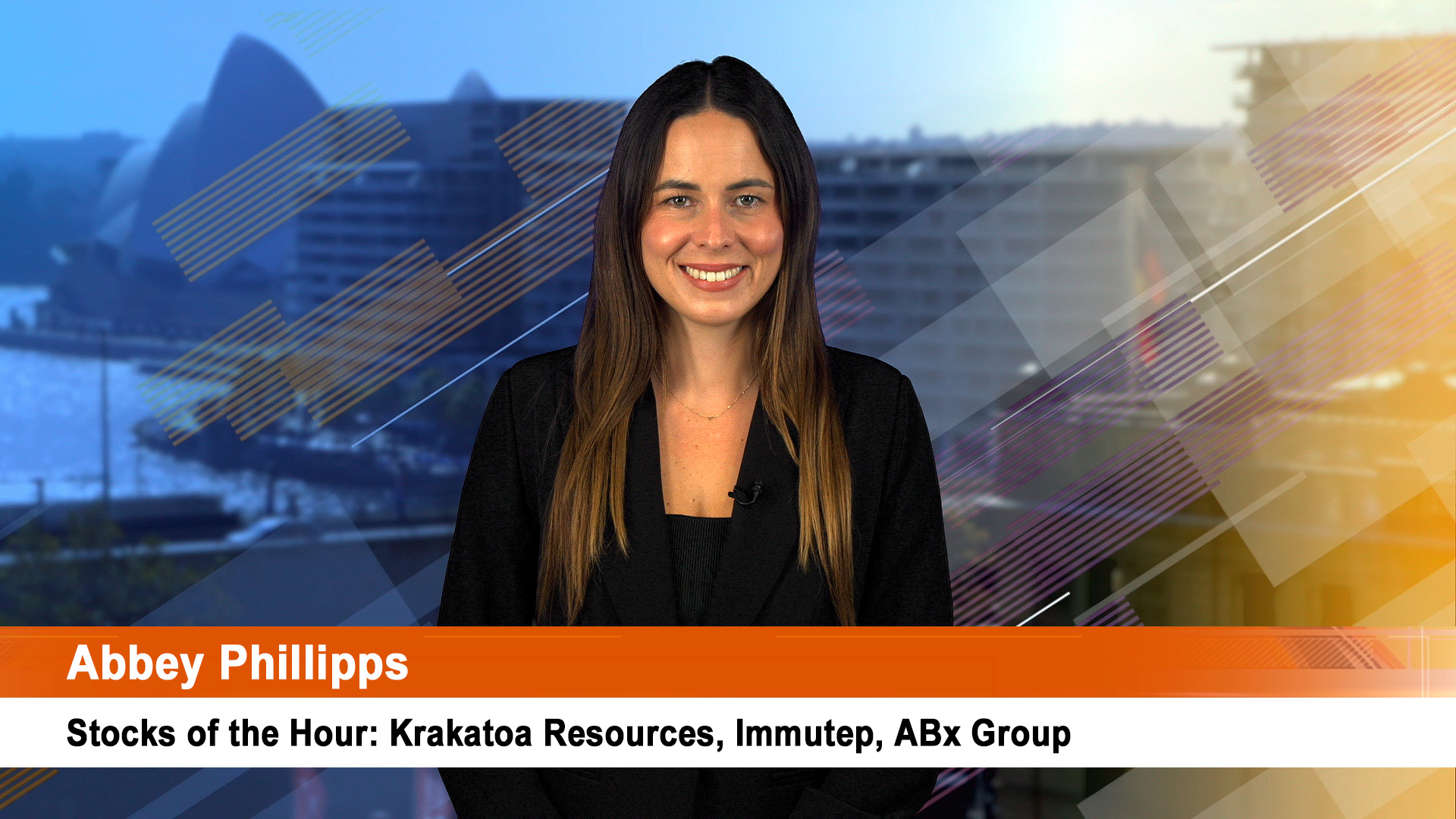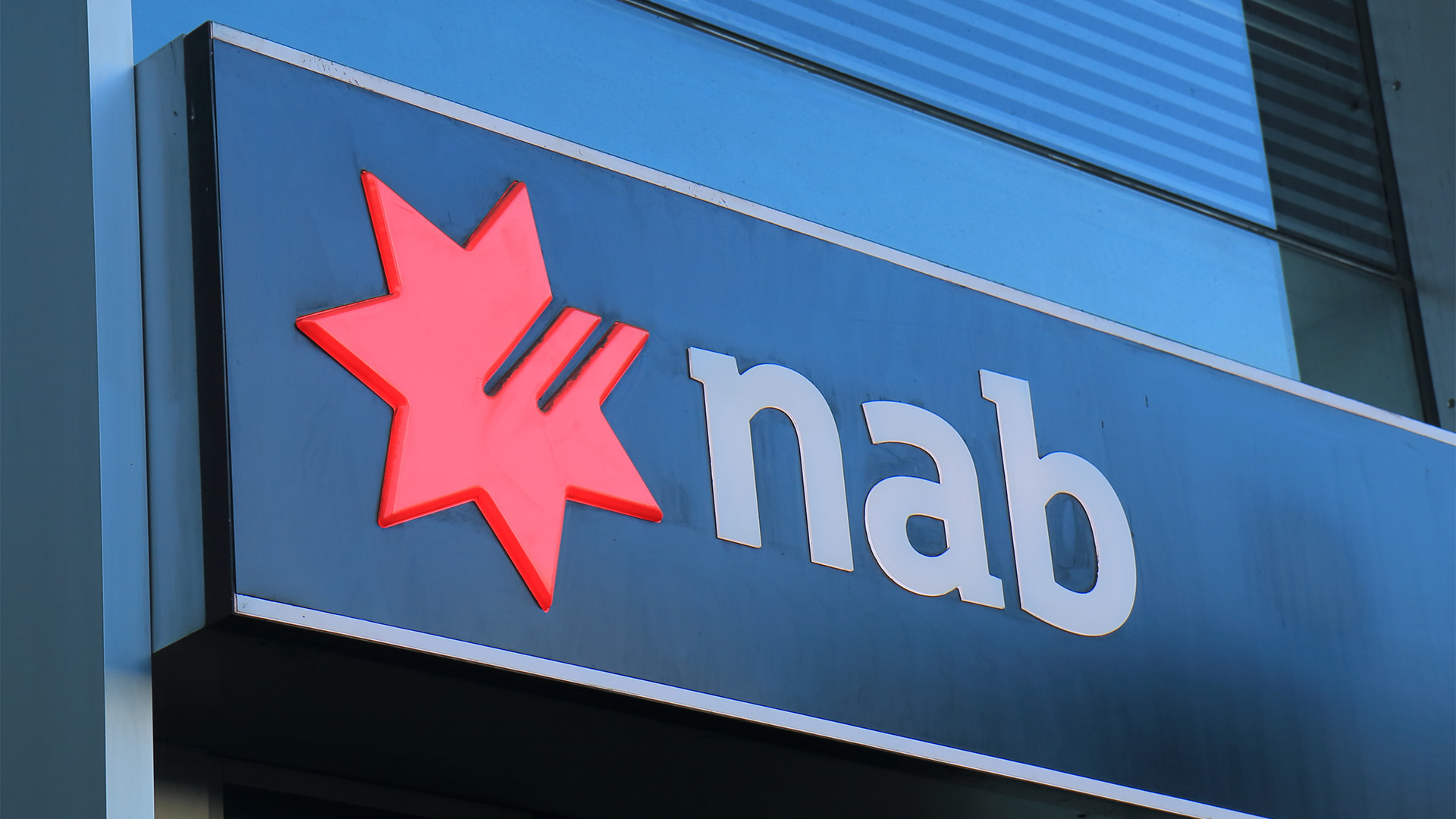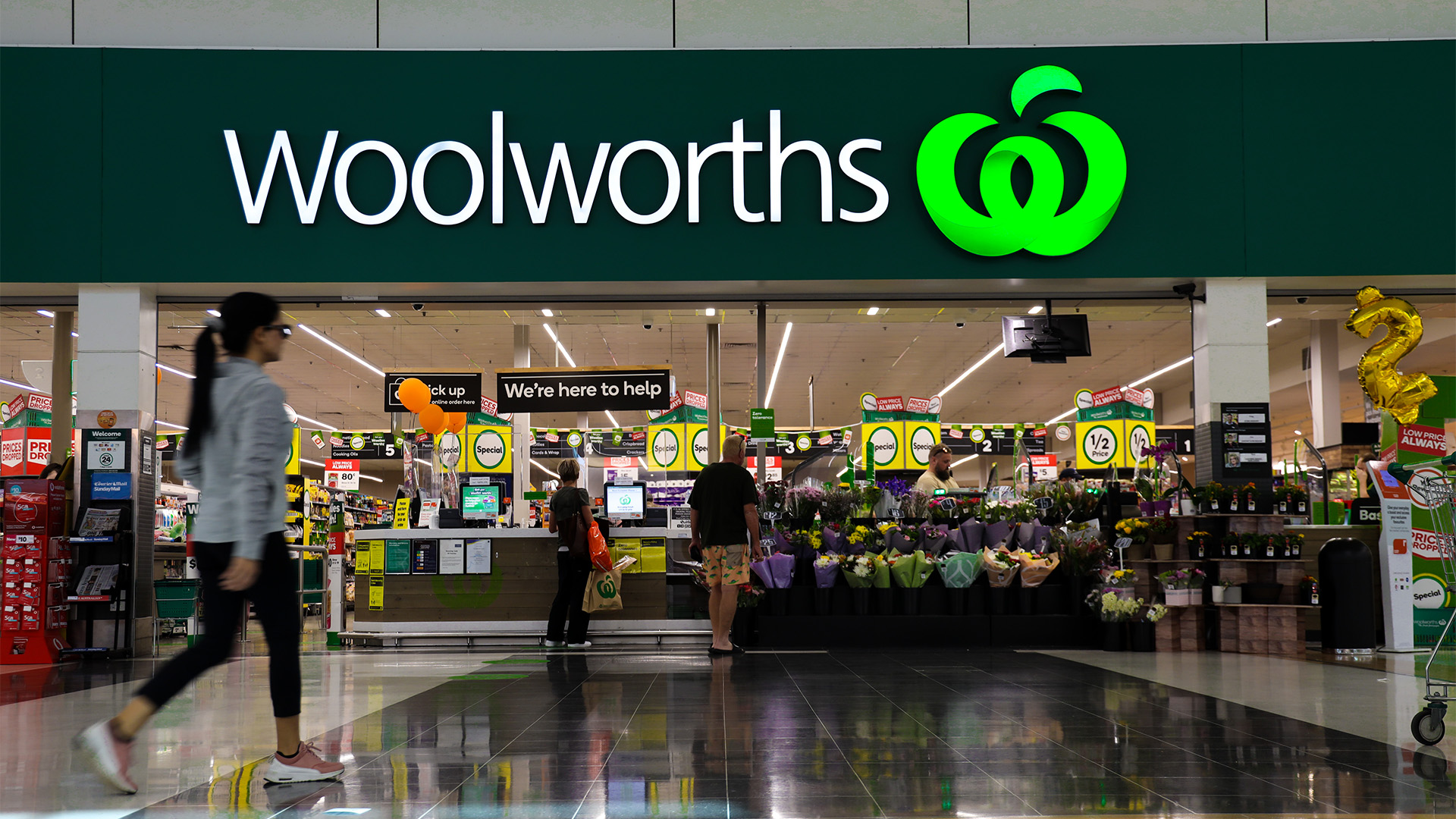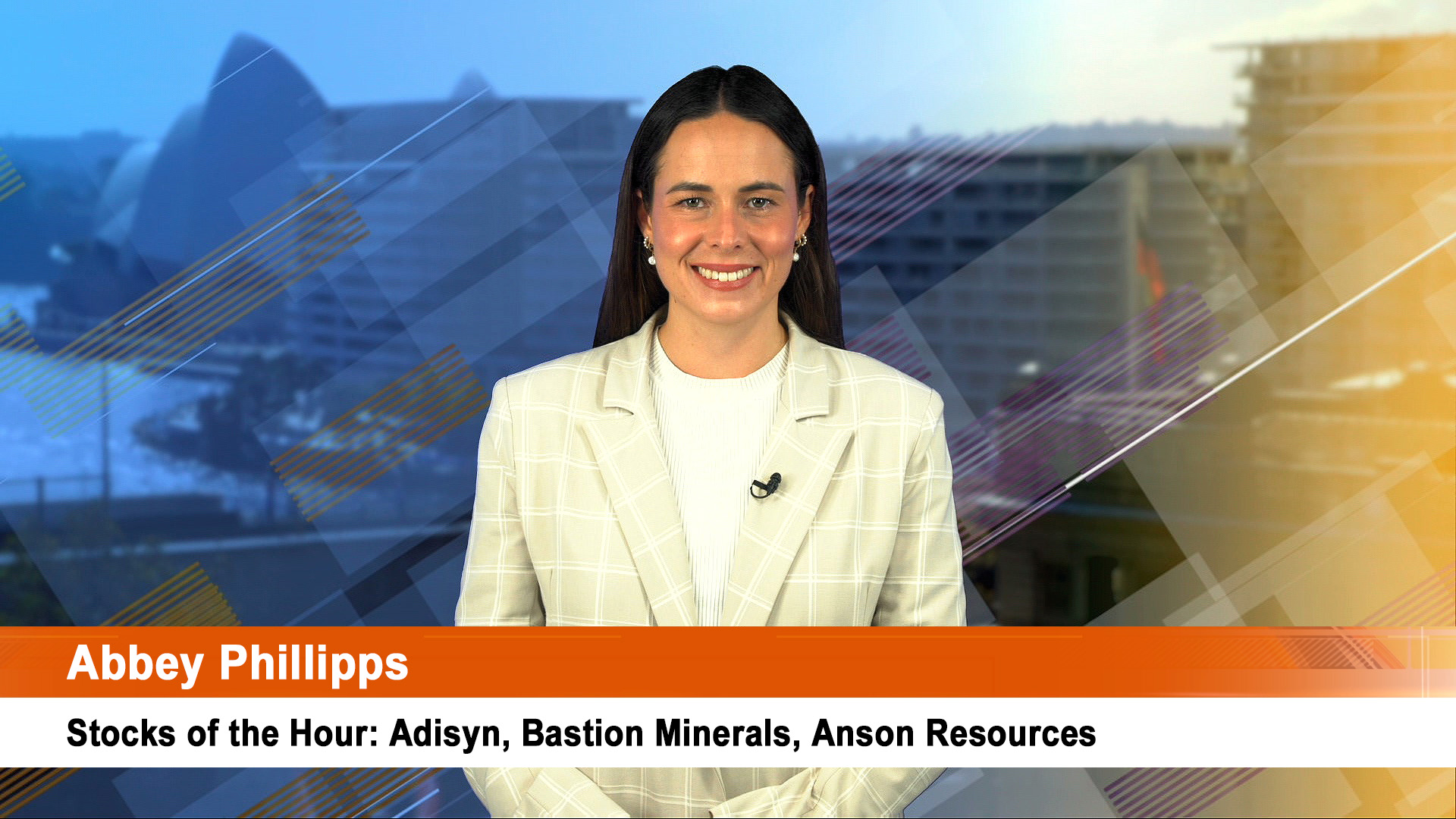Woolworths isn't a defensive investment stock, good for the tough times, it is one of the market's premier growth stocks with low dividend yield and high price earning ratio.
Just like the retailer it has been modelled on, the giant Wal-Mart of the US.
But Wal-Mart has stumbled in the past couple of years as the cost of expansion for expansion's sake has caught up and crippled sales growth and margins at the giant. Its international plans have crumbled and Australia and Coles were never an option.
Now, even a company with annual sales over $A410 billion, has been forced to re-shape itself to meet shareholder demands for less growth and more stable earnings.
The headlong growth plans inside the US have been hauled back and billions of dollars will be returned to shareholders.
Wal-Mart is still growing earnings: it's not in trouble. But the oomph in its vital US heart has gone and no amount of expansion internationally can restore it.
Growing the business simply to get bigger and more powerful, is now out at Wal-Mart and every other retailer around the world will be taking notice, even the world's most successful retailer, Britain's Tesco.
Wal-Mart's travails are something investors in Woolworths should ponder as the retailer continues to sniff around the assets of Coles Group.
The country's biggest retailer wants desperately to play in the Coles' break up.
But it knows it can't do that directly because of competition concerns and worries that the two bidding groups, the one led by Wesfarmers, and the other by TPG, have about giving the competition, a leg up.
Woolies would like Officeworks and/or Target, but Wesfarmers has those in its sights: it will settle for parts of the Kmart chain. But it is finding hard to get any attention.
The cost of meeting its dreams could be a billion dollars, or bitter disappointment
Woolies also wants to spend a billion dollars, perhaps, on the acquisition of The Warehouse group in New Zealand where the rival buyer is the big local supermarket co-op, Foodstuffs.
All this indicates that Woolies, already our biggest retailer, wants to grow and add market share in as many areas as possible.
It has already moved into hotels and gambling and deeper into liquor, while it is making a tentative move into India through a wholesaling venture with the huge Tata group.
All this is indicative of the continuing desire to get bigger but yet the smartest thing Woolies has done to drive growth hasn't been to acquire hotels and poker machines, it has been to invest billions in itself, upgrading its logistics from manufacturer and shipper to warehouse/distribution centre and store.
Working capital needs have been slashed by around a billion dollars, the cost of doing business also cut and the retail margin is now well above 5c in every dollar in the vital supermarkets and liquor business.
Customers have benefited with lower prices, a better range of products, and better service (on the whole).
In fact 'the retail offer' at Woolies has been improved out of sight over the past seven years, and certainly out of sight of rival Coles which has been broken by the weight of trying to match, and then catcha surging Woolies.
But growing for the sake of growing is a short term option, despite the seductiveness of being the biggest and the best.
Wal-Mart's announcement late last week is perhaps the most important bit of news for retailers around the world.
In short Wal-Mart has found that shareholders are more important than management's strategies.
Wal-Mart told its annual meeting of shareholder that it will cut the number of planned supercenter store openings in the US by more than a quarter, saving $US1.5 billion this financial year and return a total of $US15 billion to shareholders.
The company will open between 190 and 200 new supercenters in the US this financial year, down from the earlier target of 265 and 270 centres (which were reduced from higher, earlier numbers). This will cost $US15.5 billion, down from the previously projected US$17 billion.
Wal-Mart' sales have slowed sharply; same-store sales in April fell 4.6 per cent from a year ago. That's a terrible indictment of the company's management.
Wal-Mart shares of the retailer rose 2.3 per cent in 2007 before the AGM on Friday, compared to Dow which is up 21 per cent.
The company's new buyback plan will total $US11.7 billion, with $US3.3 billion remaining from the previous repurchase program. That will make$US15 billion in total.
That's the best sign that growth is not always an option and that shareholders, as the owners of the company, are the rightful recipients of surplus capital.
It's something Woolies management should keep in mind.













